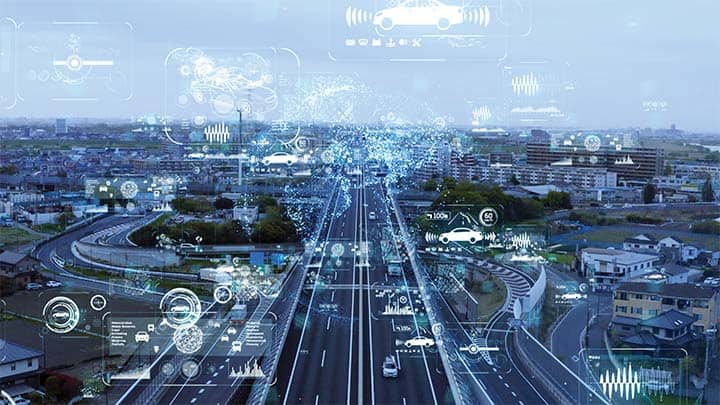Boats have been an integral part of human civilization for centuries, serving as a means of transportation, exploration, and leisure. From ancient wooden vessels to modern-day yachts, boats have evolved significantly, offering various advantages and disadvantages. In this blog post, we will delve into the intricacies of boats, exploring their benefits and drawbacks, while considering the implications for different industries and individuals.
- Advantages of Boats:
1.1 Efficient Transportation:
Boats provide a unique advantage in terms of transportation, especially in regions with abundant waterways. They offer an alternative mode of travel, bypassing congested roads and providing access to remote areas. Boats are particularly valuable for transporting goods, as they can carry large quantities of cargo, reducing the need for multiple trips.
1.2 Exploration and Tourism:
Boats enable us to explore vast bodies of water, uncovering hidden gems and experiencing breathtaking natural wonders. They facilitate tourism in coastal regions, islands, and lakes, attracting visitors seeking unique adventures. From scuba diving to whale watching, boats offer unparalleled opportunities to connect with marine ecosystems and engage in eco-tourism activities.
1.3 Recreational Activities:
Boating is a popular recreational activity worldwide, providing individuals with opportunities for relaxation, entertainment, and socializing. Whether it's fishing, water skiing, or simply cruising along serene waters, boats offer a gateway to escape the hustle and bustle of daily life. Additionally, boat ownership can foster a sense of pride and accomplishment, creating a community of passionate enthusiasts.
- Disadvantages of Boats:
2.1 Environmental Impact:
While boats offer numerous advantages, they also pose environmental challenges. Fuel emissions from boats contribute to air pollution, and improper waste disposal can harm marine ecosystems. Additionally, the disturbance caused by boat propellers can disrupt aquatic habitats and endanger marine life. It is crucial for boat operators and manufacturers to adopt sustainable practices and technologies to mitigate these negative impacts.
2.2 High Initial and Maintenance Costs:
Boats, especially larger vessels, can be a significant financial investment. The initial purchase cost, along with ongoing maintenance, storage, and insurance expenses, can be substantial. Moreover, repairs and upgrades may be necessary over time, adding to the overall cost of boat ownership. These financial considerations make boat ownership inaccessible for many individuals and limit its widespread adoption.
2.3 Weather and Safety Risks:
Boating is inherently influenced by weather conditions, and adverse weather can pose significant risks. Storms, strong currents, and rough seas can make navigation treacherous, potentially leading to accidents and endangering lives. Proper training, adherence to safety protocols, and regular maintenance are essential to mitigate these risks. However, unpredictable weather patterns and human error can still pose challenges.
Conclusion:
Boats offer a myriad of advantages, including efficient transportation, exploration opportunities, and recreational activities. However, they also come with environmental impacts, high costs, and safety risks. To maximize the benefits of boats while minimizing their drawbacks, it is crucial to prioritize sustainable practices, invest in safety measures, and promote responsible boating. By doing so, we can continue to enjoy the wonders of the waterways while preserving them for future generations.

